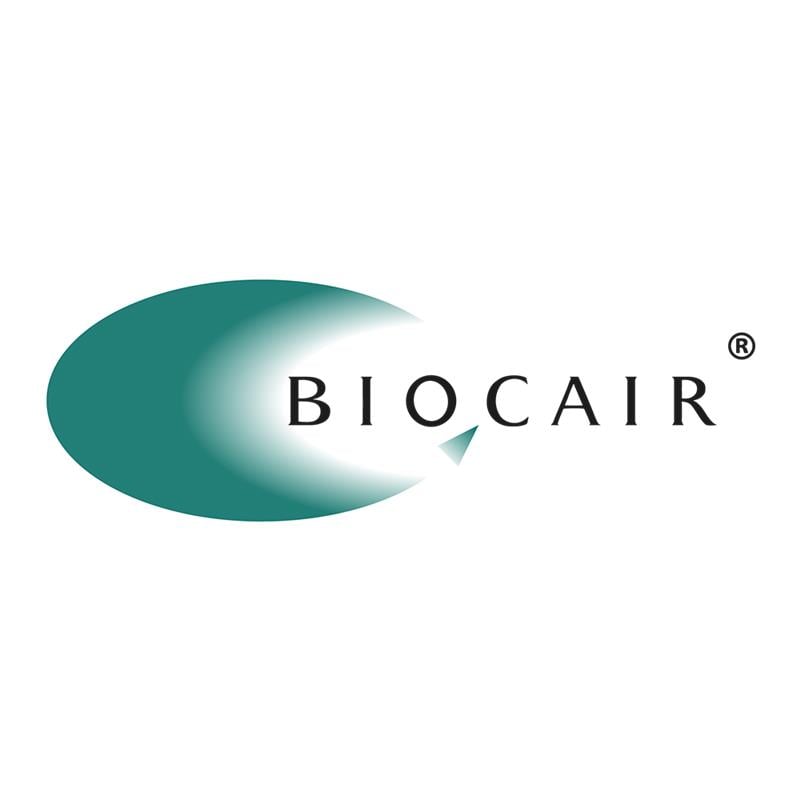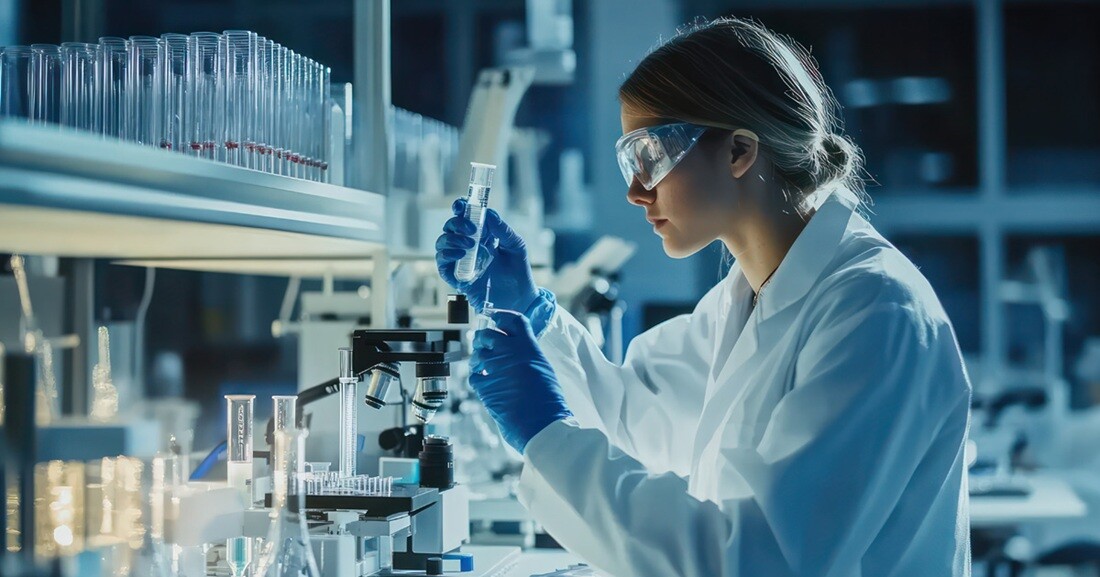The healthcare industry has experienced remarkable advancements, particularly in pharmaceuticals, biotechnology, and medical devices. However, as these innovations progress, they bring about complex logistical challenges. Life science logistics plays a critical role in overcoming these challenges, ensuring the safe and timely distribution of temperature-sensitive healthcare products. This blog explores how life science logistics supports the healthcare sector and drives advancements in patient care.
What is Life Science Logistics?
Life science logistics involves the management, storage, and transportation of healthcare products, including pharmaceuticals, biologics, vaccines, medical devices, and diagnostics. These products often require specific conditions—especially temperature control—to maintain their integrity and effectiveness. The logistics process includes temperature-controlled storage and transportation, and real-time tracking to ensure that products remain safe and effective throughout their journey from manufacturer to patient.
The Importance of Life Science Logistics in Healthcare
- Ensuring Safe Transport of Temperature-Sensitive Products:
Many healthcare products, such as vaccines, biologics, and gene therapies, are highly sensitive to temperature fluctuations. If these products are exposed to improper temperatures, they can degrade or lose their efficacy. Life science logistics ensures that products are transported and stored under precise temperature conditions, using refrigerated transportation and temperature-monitored storage facilities. By maintaining the correct conditions, life science logistics ensures that healthcare products reach their destination safely and effectively.
- Supporting Clinical Trials
Clinical trials are essential for developing new treatments and drugs. Life science logistics is crucial for supporting clinical trials by providing the timely distribution of investigational drugs, laboratory samples, and clinical supplies. Efficient logistics help ensure that materials arrive at the right place on time, preventing delays and helping researchers obtain reliable results.
- Facilitating Global Healthcare Solutions:
With the globalization of healthcare, ensuring the availability of critical products across the globe is essential. Life science logistics ensures that temperature-sensitive medications and medical devices are distributed internationally while adhering to varying regulatory requirements. This global reach makes it possible to deliver life-saving treatments to patients in remote regions, improving access to healthcare worldwide.
- Regulatory Compliance and Traceability:
Healthcare products are subject to strict regulations to ensure safety and efficacy. Life science supply chain must comply with standards set by regulatory bodies such as the FDA, EMA, and WHO. This includes maintaining proper documentation, ensuring Good Distribution Practices (GDP), and providing traceability from the manufacturer to the end-user. Regulatory compliance helps ensure that products remain safe and effective throughout their journey and meet the required standards.
The Role of Technology in Life Science Logistics
Technology is transforming life science logistics, making it more efficient, transparent, and reliable. Some of the key technological innovations include:
- Real-Time Monitoring and Tracking:
IoT sensors, GPS tracking, and RFID tags are used to monitor the location and temperature of healthcare products in transit. These technologies allow logistics providers to detect deviations from the required conditions and take immediate corrective actions to ensure product safety.
- Data Analytics:
By leveraging data analytics, life science logistics companies can predict potential disruptions, optimize delivery routes, and improve inventory management. This helps reduce waste, enhance efficiency, and ensure that healthcare products arrive at their destination on time.
- Automation and Robotics:
Automation is revolutionizing warehouses and distribution centers, making the process of storing and distributing medical products faster and more accurate. Robotics systems can help handle delicate items, ensuring minimal risk of damage and improving overall efficiency.
Conclusion
Life science logistics is a critical element in advancing healthcare solutions. By ensuring the safe and efficient transport of temperature-sensitive products, supporting clinical trials, and facilitating global healthcare distribution, life science logistics contributes to improving patient care and outcomes. As the healthcare industry continues to innovate, the role of logistics will become even more essential in ensuring that life-saving products reach patients safely and efficiently.
Key Takeaways:
- Life science logistics ensures the safe transport of temperature-sensitive healthcare products.
- It supports clinical trials, regulatory compliance, and global healthcare distribution.
- Technology, such as real-time tracking and data analytics, is transforming life science logistics.
- Life science logistics is crucial for improving patient outcomes and global access to healthcare.
Related Content:

Biocair
Cold Chain Solutions for Life Sciences and Pharma
Biocair is a global logistics provider specializing in pharmaceutical, biotechnology and life sciences supply chain solutions with nearly 40 years of experience. By assembling a team of best-in-class industry experts in quality, cold chain and regulatory compliance, Biocair focuses on providing the most comprehensive time-sensitive and temperature-controlled solutions.


